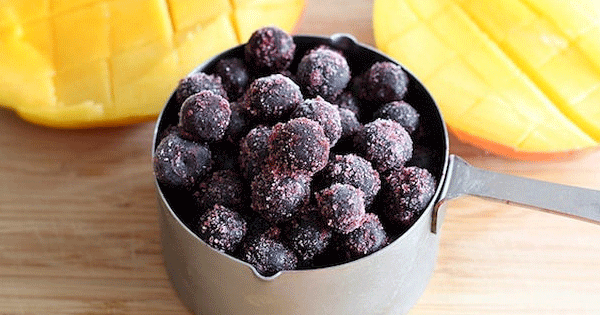Growing up, our fruits and veggies either came fresh, canned, or frozen. As we grow up, we tend to stick to what we know. Few of us know, however, which is the best for holding nutrients. After all, if you're going to eat the calories, you want all the nutrients that are supposed to go along with it, right?
It's undeniable that the most nutrient-packed foods are from your own garden. Second best would have to be from your local farmer's market.
Sadly, not all of us have the time, energy, or the room to grow our own food. Even more unfortunate, most farmer's markets are only held once a week--so what's the next best thing?
It certainly depends, and there are a lot of things you need to consider. Is the food in season? How quickly was the food frozen?
"While canned vegetables tend to lose a lot of nutrients during the preservation process (notable exceptions include tomatoes and pumpkin), frozen vegetables may be even more healthful than some of the fresh produce sold in supermarkets," says Gene Lester, Ph.D., a plant physiologist at the USDA Agricultural Research Center in Weslaco, Texas.
However, Eating Well explains, "While the first step of freezing vegetables--blanching them in hot water or steam to kill bacteria and arrest the action of food-degrading enzymes--causes some water-soluble nutrients like vitamin C and the B vitamins to break down or leach out, the subsequent flash-freeze locks the vegetables in a relatively nutrient-rich state."
On the other hand, most fresh fruit is picked before they are fully ripe, which gives them less time to develop the full spectrum of vitamins and minerals they are intended to have. They might still look ripe by the time they reach your plate, but the nutrients have been altered somewhat.
The bottom line? Watch the video below to find out more:
Video Credit: AsapSCIENCE/YouTube
What do you think about all this? Let us know in the comments!
Photo Copyright © 2011 usdagov/Flickr




